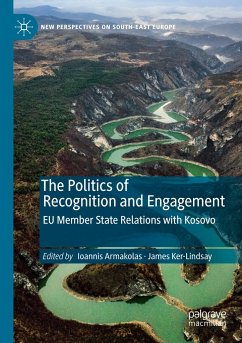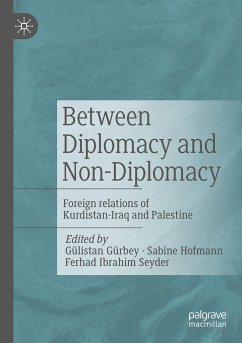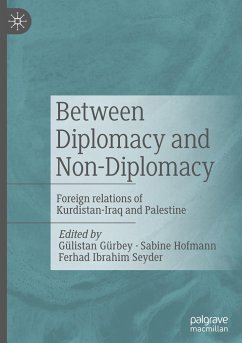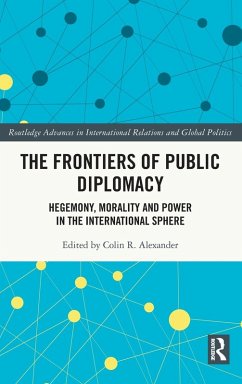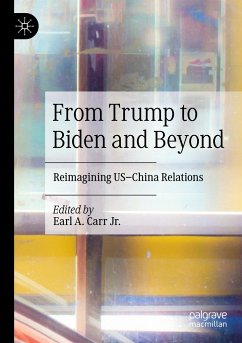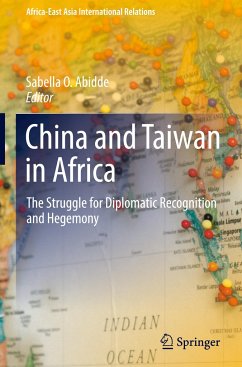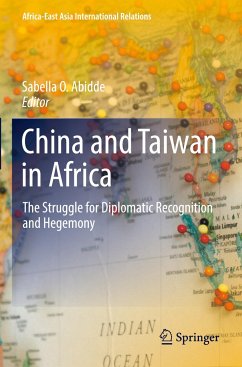
Sub-State Recognition
The Politics of Recognition from Below

PAYBACK Punkte
38 °P sammeln!
This book examines the rise of sub-state recognition in the theory and practice of international relations and diplomacy. Sub-state recognition occurs when non-sovereign entities, such as regions, cities, or local governments, recognize or support an aspirant state or entity seeking independence or international recognition. Drawing on original empirical data, the book conceptualizes sub-state recognition as a pluriversal diplomatic approach and traces the actors, justifications, and effects in practice. We argue that sub-state recognition manifests as a compensatory and remedial engagement be...
This book examines the rise of sub-state recognition in the theory and practice of international relations and diplomacy. Sub-state recognition occurs when non-sovereign entities, such as regions, cities, or local governments, recognize or support an aspirant state or entity seeking independence or international recognition. Drawing on original empirical data, the book conceptualizes sub-state recognition as a pluriversal diplomatic approach and traces the actors, justifications, and effects in practice. We argue that sub-state recognition manifests as a compensatory and remedial engagement between aspirant states and sub-state entities that shape the dynamics of contested statehood, alter the conservative international recognition regime from the bottom up, and streamline the formation of decentralized approaches to diplomatic recognition. We find that sub-state recognition is a co-constitutive practice that helps aspirant states compensate for the lack of external sovereignty and enables sub-state entities granting such recognition to consolidate their foreign policy identity and regional autonomy. While sub-state recognition does not legally establish an aspirant entity as a state, it may emerge as a crucial symbolic and performative step towards building national consensus for formal recognition by the central government and the international community. Accordingly, the book contributes to expanding and decentring scholarly and policy focus on state recognition by demonstrating that the agency and pathways to diplomatic recognition are more dispersed and decentralized than previously acknowledged.




